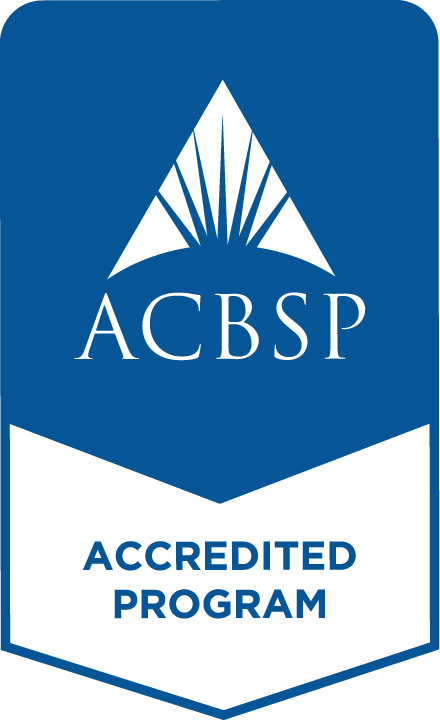Columbia Southern University is located in Orange Beach, Alabama and licensed by the State of Alabama, Community College System pursuant to the Alabama Private School License Law, Code of Alabama, Title 16-46-1 through 10 (Certificate number 05-888-21).
State of Alabama License (PDF)
CSU seeks authorization, as applicable, in additional U.S. states and territories in compliance with federal and state regulations that govern the offering of online programs. CSU monitors regulations in states and territories in which it offers programs and courses. Information about CSU’s state authorization status is provided below. Prospective students should review regulatory information and professional licensing requirements in your state of residence.
NC SARA
 CSU is approved by the Alabama Commission on Higher Education to participate in the National Council for State Authorization Reciprocity Agreements (NC-SARA). NC-SARA is a voluntary, regional approach to state oversight of postsecondary distance education.
CSU is approved by the Alabama Commission on Higher Education to participate in the National Council for State Authorization Reciprocity Agreements (NC-SARA). NC-SARA is a voluntary, regional approach to state oversight of postsecondary distance education.
As a member of NC-SARA, CSU only needs home state authorization to offer distance education to students residing in any other SARA member state. A list of NC-SARA states and institutions can be viewed in the NC-SARA Institution Directory.
For specific information regarding state authorization contact:
Alexis Harris
Director for State Authorization & Title IX Coordinator
Email: iepc@columbiasouthern.edu
*Updated 08/22/2023
Non-SARA States
California
CSU is registered with the California Bureau for Private Postsecondary Education.
State of California Registration Confirmation (PDF)
Territories
Federated States of Micronesia
The Federated States of Micronesia (FSM) has no regulations, policies, or laws that restrict US institutions providing distance education to citizens of FSM.
Federated States of Micronesia Letter (PDF)
Republic of the Marshall Islands
There are no regulations or rules in the Republic of the Marshall Islands regarding the authorization of distance education programs.
Marshall Islands Letter (PDF)
State Disclosures
California Student Tuition Recovery Fund (STRF)
The State of California established the Student Tuition Recovery Fund (STRF) to relieve or mitigate economic loss suffered by a student in an educational program at a qualifying institution, who is or was a California resident while enrolled, or was enrolled in a residency program, if the student enrolled in the institution, prepaid tuition, and suffered an economic loss. Unless relieved of the obligation to do so, you must pay the state-imposed assessment for the STRF, or it must be paid on your behalf, if you are a student in an educational program, who is a California resident, or are enrolled in a residency program, and prepay all or part of your tuition. You are not eligible for protection from the STRF and you are not required to pay the STRF assessment, if you are not a California resident, or are not enrolled in a residency program.
Additional information regarding the STRF is located in the university catalog (PDF).
Massachusetts Civil Service Disclosure
Students and prospective students who reside in a city or county that uses Massachusetts Civil Service for promotion should contact the Civil Service to determine eligibility to sit for promotional exams. Civil Service is a merit system under which state and municipal employees of police and fire departments may be hired and promoted.





